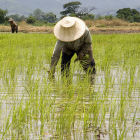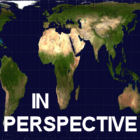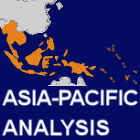| Having problems reading this email? Please click here to view online version To ensure SciDev.Net emails make it to your inbox, please add info@scidev.net to your address book | ||||||||||||||||||||||||||||||||||||||||||||||
| ||||||||||||||||||||||||||||||||||||||||||||||
| ||||||||||||||||||||||||||||||||||||||||||||||
| ||||||||||||||||||||||||||||||||||||||||||||||
Monday, 5 November 2012
SciDev.Net Weekly Update (29 October - 4 November 2012):
Subscribe to:
Post Comments (Atom)





















No comments:
Post a Comment